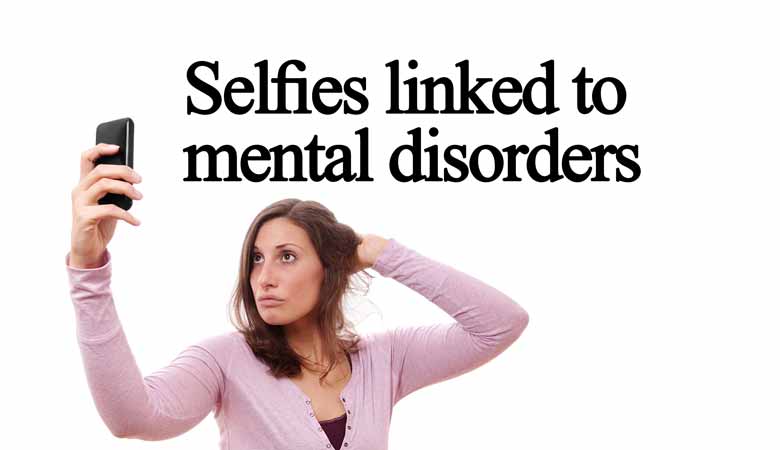
Since selfies started getting more and more popular, many scientists did different researches on them and some of them have linked that modern trend to a variety of mental issues.
Dr. David Veal, a psychiatrist, claims that two out of three of the people with BDD (Body Dysmorphic Disorder) who he’s been working with since the beginning of the era of camera phones feel a strong urge to take selfies and share them on social networks. He shares that the patients are being taught to acknowledge the real reasons behind their obsessive behavior using cognitive behavioral therapy.
Danny Bowman is known to be the first diagnosed selfie addict in the UK.
His condition was so serious that it lead him to suicidal thoughts and even an attempt for one. The reason behind his extreme action was that he couldn’t take the “perfect” selfie even after 10 hours a day spent on taking photos of himself. At that time Bowman was 19 years old. He dropped out of school, didn’t want to leave the house for half an year and lost around 30 pounds. His day would start with taking 10 selfies before he’s even got off the bed. He didn’t achieve his goal to take the perfect selfie after hundreds attempts a day, so this lead him to the decision to put an end to his life. Luckily, his mother found him on time and he was saved. Since then he’s been signed for a therapy at the Maudsley Hospital in London to heal his compulsive behavior and also his OCD and BDD. The treatment involved exercises with his will- his phone was taken away from him for intervals of 10 minutes and after a while they increased them to 30 minutes and then an hour. Bawman shares that his recovery had been an extremely hard process but he was aware that he had to do it if he wanted to move on with his life.
With the fast increasing impact of the social networks on people’s lives, more and more people start searching for help and different treatments for their addiction to Facebook and twitter every year.
Pamela Rutledge shares that often times selfies are a form of attention-seeking and are either indicators of narcissism or very low self-esteem.
What is more concerning with the digital narcissism spread is that it stresses out people way too much just to reach unattainable goals without even the will to work hard to succeed. The demonstration of narcissism on the internet is not only a subconscious approach to make up for a low self-esteem. When these approaches are approved by other people on the social networks, they nourish the reality twist that’s in the head of the person.
Scientists in Thailand are also concerned with the problem of selfie addiction.
Panpimol Wipulakorn, who is a doctor at the Thai Mental Health Department, states that the more and more people are experiencing the urge to refresh your news feed, to control who sees your profile and who likes your photos, secretly hoping that more people hit the “Like” button. The digital age could be more harmful to the youth than we thought…
Related: This Video Shows How Social Media Is Killing Your Relationship


